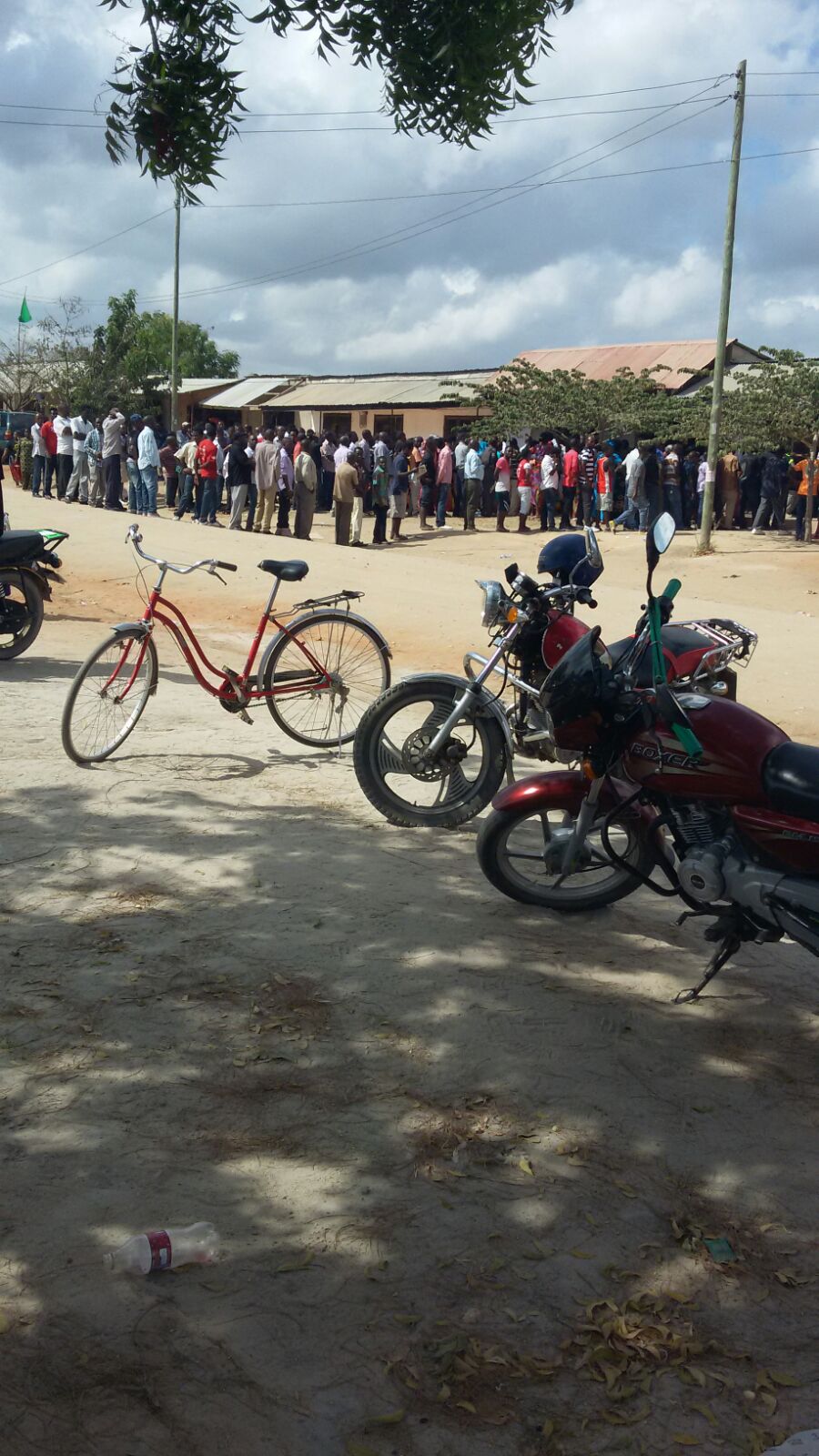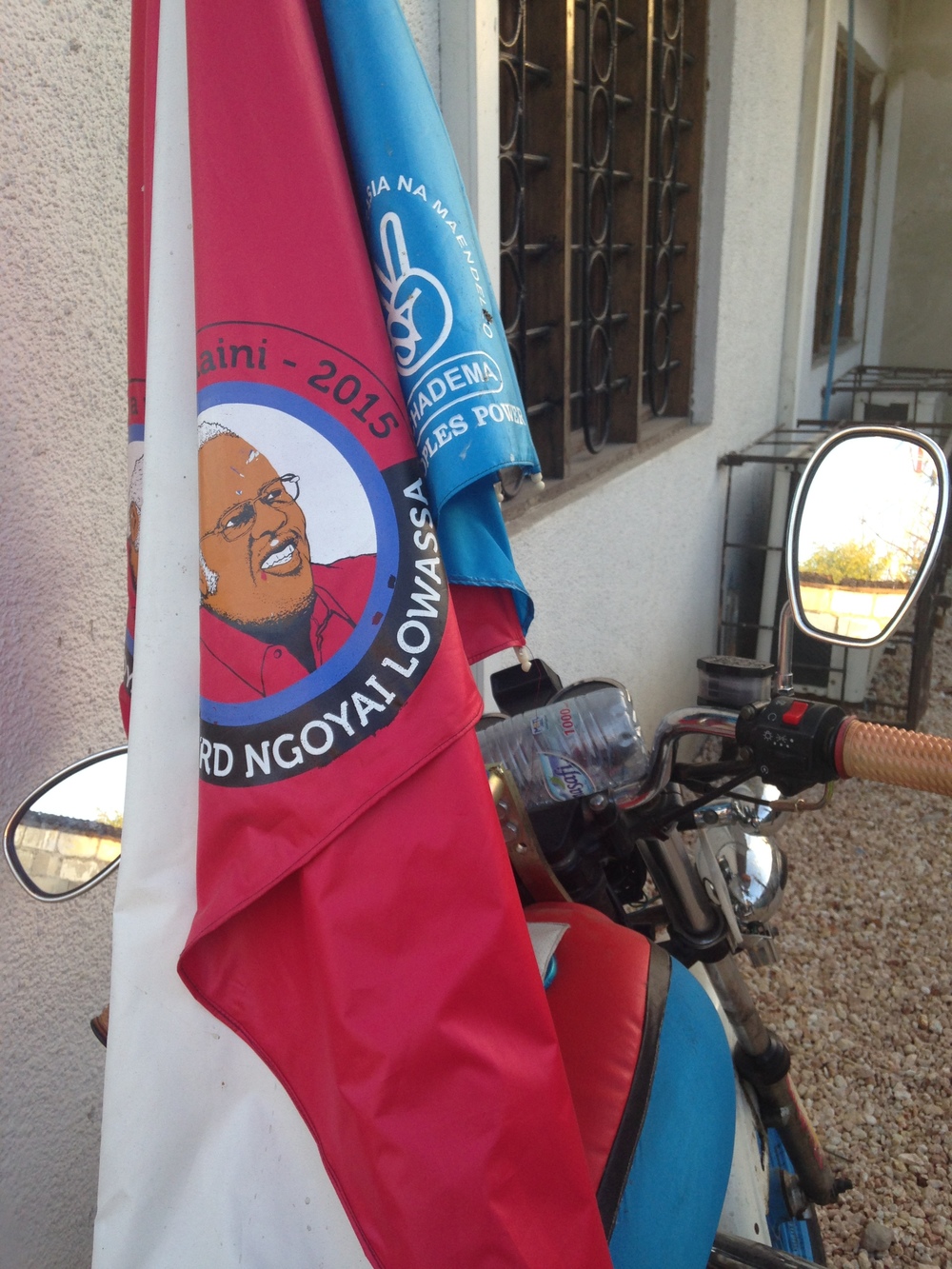Social Norms of Voting
Book Project
Social Voting in east africa
How do elections contribute to authoritarian endurance? When leaders use high turnout to signal their popular mandate and legitimacy, elections become a tool of autocratic survival. Though citizens have the ability to signal their dissatisfaction with the regime by abstaining, turnout in semi-authoritarian elections is frequently above 50%. My book project tackles the puzzle of why citizens participate in these elections with foregone conclusions, by focusing on the role of community norms, and in the process questions the role of elections in nurturing democratic accountability.
Moving beyond conventional paradigms, my theory describes how a social norm of voting and accompanying social sanctions from peers contribute to high turnout in semi-authoritarian elections. While social norms of voting have been documented in competitive democracies, how these norms arise and endure in places where electoral systems lack legitimacy remains untested and under-theorized. I argue that by using public goods to incentivize turnout during single-party elections, regimes established a consensus among community members that voting is good because it was seen as contributing to community development. This consensus stimulated a social norm of voting in local communities where neighbors’ turnout behavior is observable. Despite declining resources and shifting regime strategies, the norm still persists in some communities. Community members enforce the norm of voting with social sanctions. Individuals who rely on other community members for information, kinship ties, and other benefits are more likely to vote in order to secure their access to community-produced benefits and avoid social sanctions.
I test this bottom-up explanation of high turnout with a mixed methods research design in Tanzania and Uganda. Using surveys, lab-in-the-field voting experiments, and administrative data, I show that citizens associate voting in elections with getting public services, reward voters with respect, and socially sanction abstainers. In the voting experiment, citizens are significantly more likely to incur a cost to vote when their turnout is public to their peers, compared to when it is private.
Although the democratization literature presumes that countries like Tanzania and Uganda are on a path towards increased political competition and democratic freedoms, my book project questions this assumption. When turnout is driven by local accountability to one’s community, rather than a desire to select or sanction candidates, elections may not support government accountability nor regime liberalization. This project brings scholarly attention to the idea that self-enforcing social norms of voting may be an overlooked mechanism of social control that help prop up under-performing autocrats.



